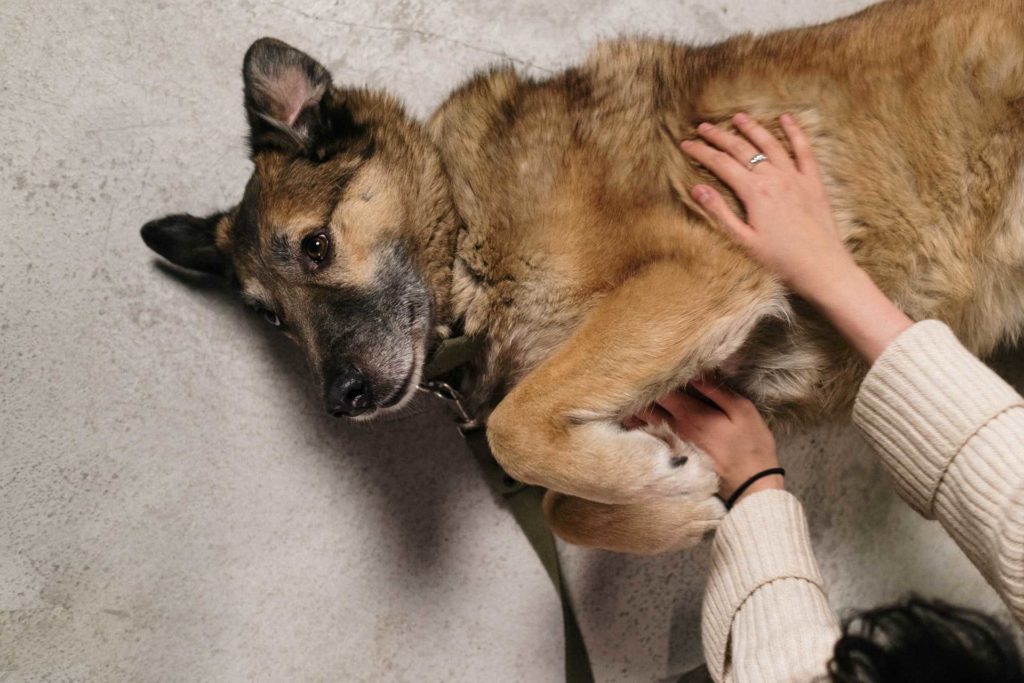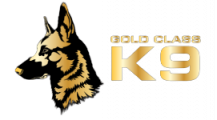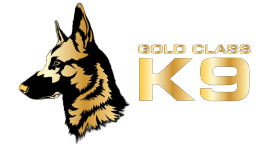Frequently Asked Questions
"A dog is the only thing on earth that loves you more than you love yourself"
We’ve taken the liberty of answering some of the common questions that we’ve gotten from our clients and browsers over the years, so you don’t have to ask them yourself.
1. Dogs At Home
We’re experts in facilitating great dog socialisation, ensuring that the aggression is reserved for attackers and human threats. Many of our clients are coming from homes that are already full of dogs, so we keep that in mind throughout the training process.
Being raised in Australia, you can trust that our dogs have interacted with plenty of wildlife, so you can also know that they’re well suited to interacting with all sorts of species.
These dogs are of course very well suited to bonding and play, but it’s important to know how to bond with your dog once it’s been through our training program. Whether it was a dog from our litter or your own dog after experiencing our training, it should bond with you and recognise you as its subject of protection within a matter of hours, fully warming up within a day or two.
When it comes to playing, you just have to remember that these are working dogs, not objects for your amusement. Our dogs at play are a beautiful sight to behold but remember to respect their boundaries and ensure to send them back to their own space with a degree of authority.
Getting plenty of exercise is essential for all dogs, but don’t go crazy just because of where they come from. Their purpose in life is to protect you, so whatever you like to do, they’ll join you in it. We’ll advise you on some tips when you get your dog from us as well, to expand your idea pool.
As you’re living with an active dog, you might believe that they need masses of space, but in reality, because you’re the centre of their universe, all they need is to be close to you. Of course, a shoebox apartment isn’t ideal, but a massive house will just send them on longer missions looking for you
We are advocates of the raw food diet for dogs, believing that it’s the closest thing to what they’re suited to as wild animals, but we understand this isn’t viable for every owner. Make sure to choose high-quality wet or dry dog food for your pooch, along with providing the occasional pieces of meat and some suitable bones for them to chew on.
Dogs, like humans, will sometimes make accidents, but if you understand their physical cues well then this shouldn’t be a problem at all!
2. The Nature of Protection
There’s no need to worry about unwarranted dog attacks with dogs trained or raised by Gold Class K9. We call them protection dogs because that’s their mission – to protect, not attack. We train them to detect intent, not to act aggressively unprovoked.
No. Like we said before, your dog is trained on intent, not on unfamiliarity. Regardless of how new a person is, as long as they don’t approach the dog with aggression, there should never be any unprovoked biting. You’re more likely to be bitten by a random dog at the park than a dog that’s gone through Gold Class training.
3. Conditioning & Purchasing
We consider the best protective dog breeds to be the Rottweiler, German Shepherd, and Belgian Malinois based on their history of breeding, which is why they’re the primary breeds that we raise from the ground up.
Our training program isn’t exactly a cheap enterprise on our end. We’re putting a lot of time, effort and resources into our process and of course the dogs themselves, in everything from feeding them to caring for them night and day. Take our prices as a sign of quality, rather than an inflated figure that we landed on arbitrarily.
Of course you can! These dogs are well-trained when it comes to obedience and taking commands, which means renaming a dog shouldn’t be any problem. Just get them used to hearing their new name with basic commands over a few days and then it should stick. Giving them a name from yourself will help you to feel more attached as well, so we actually recommend it!
Dogs are often any age, from 12 months old to 6 years old, depending on when we received the dog, we put them through a testing phase to see if they have what it takes to rely on the dog to perform under any circumstance. We prefer to raise the puppies ourselves so we can develop an amazing foundation, teach the puppy exactly what there job is and put them through different scenarios to make sure they can perform when needed.
We hope this FAQ page was helpful and answered any questions you may have had! If not feel free to get in touch through the link below.


